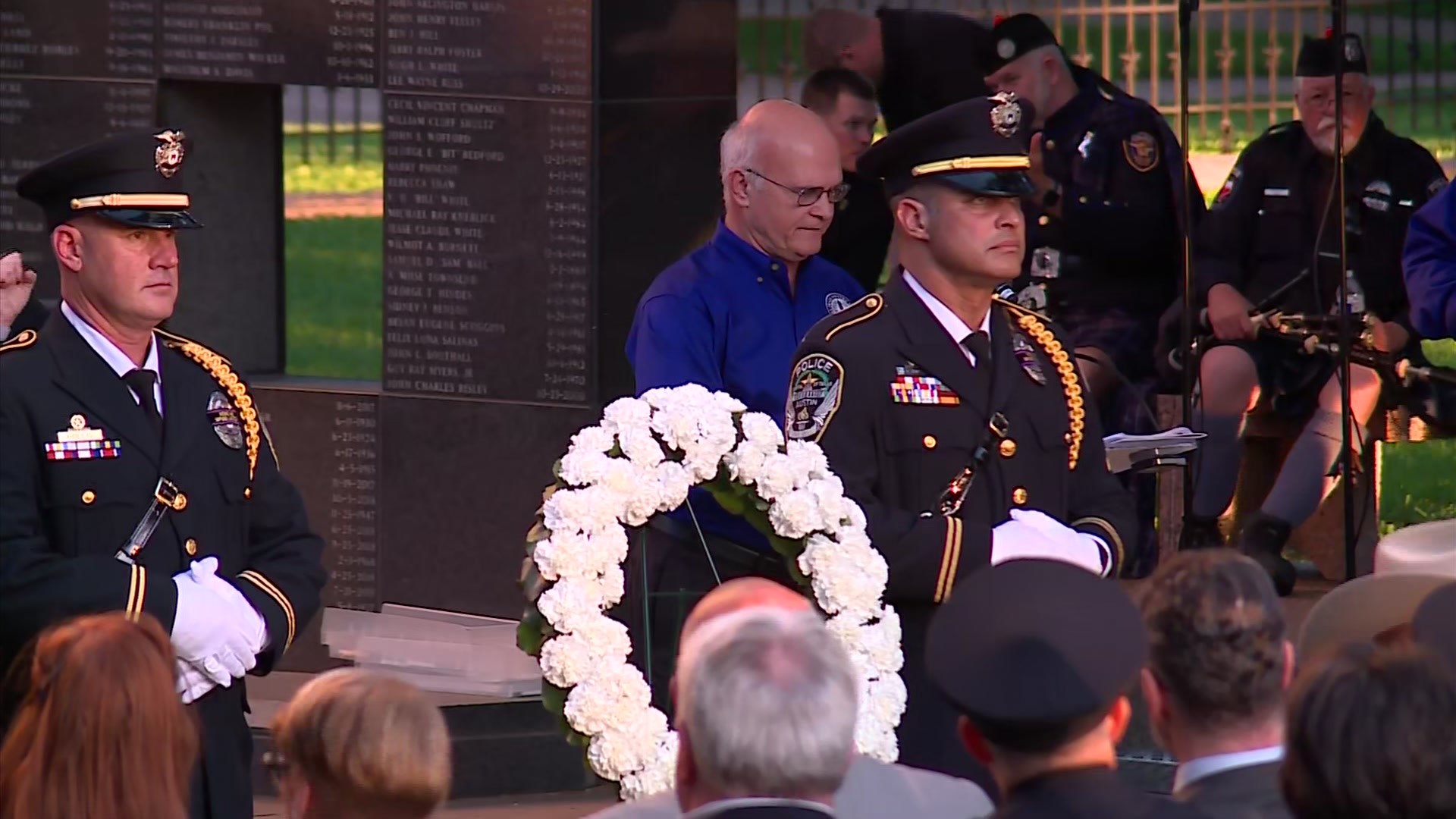A bill that would ban hairstyle discrimination is one step closer to becoming law.
The CROWN Act, which was written by Rep. Rhetta Bowers (D)-Garland , is an acronym for Creating a Respectful and Open World for Natural Hair.
The bill protects men and women from hair discrimination based on hair texture and a protected hairstyle commonly associated with race. Protected hairstyles in the bill include braids, locks and twists.
"This form of race-based discrimination is real, it's is insidious, and it's still happening today," said Bowers during a news conference at the state Capitol.
The purpose of the bill is to prohibit discrimination against different types of hairstyles like braids, dreadlocks and twists in schools, the workplace and housing.
"I feel like the Crown Act should definitely be passed, I feel like you should not be discriminated against by the way you wear your hair, you should be able to wear it any way you want to wear it in the workplace at school," said Tonya Wilson, a Dallas based hairstylist.
"A lot of people have different textures of hair and so hair should not be a thing you should be discriminated against at all," Wilson said.
Local
The latest news from around North Texas.
Wilson, who has been doing hair since 1994 said she's worked on all textures of hair of people from all backgrounds.
She's also heard firsthand, from those with more textured hair, stories of discrimination and fear of being judged based on what their hair looks like.
"I've had young ladies come in here and I've had to take their braids, and they want their hair flat ironed straight for an interview, and I'm like, that's ridiculous," expressed Wilson.
Over the last several years, people have been moving to wear their hair more naturally, versus having to straighten it.
Wilson said she works on clients who are nurses, doctors, lawyers and other professionals in the corporate world that wear different styles.
"Your hair is your crown and glory and when I turn women around toward the mirror after I do their hair, they light up and I feel like it's very important for you to shine from the inside out, so when you look the mirror you should love what you see, you should not have a rule that says you can only wear your hair one way," said Wilson.
Across the country, other states have adopted similar bills following 2019 when two teen boys at a high school in a city outside of Houston were told by school administrators to cut their dreadlocks in order to walk at graduation.
The bill must pass through the Senate, but those rooting for it say Thursday was a step in the right direction.



